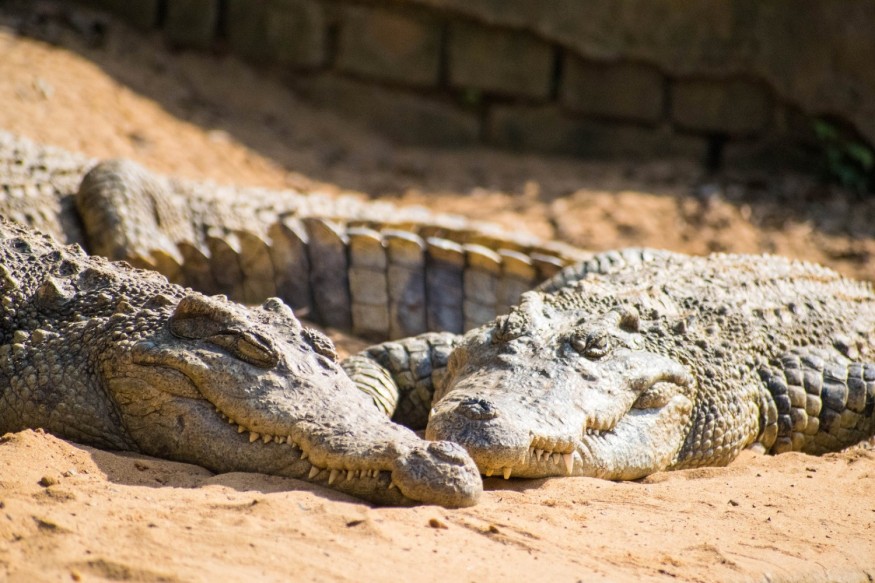
Crocodiles are found to be responsive to the cries of babies, with scientists believing that they are on the lookout for food when they do this.
A Live Science report explained that aside from the sound of baby wails, Nile crocodiles tend to respond as well towards the weeping of baby chimpanzees and bonobos.
Researchers believed that the crocodiles are picking up the distress brought by the infant's cry at the time in which they are spotting a possible meal.
Hearing a meal?
The study, published in the Proceedings of the Royal Society B, indicated that the intensity of the response of the Nile crocodile towards the cries usually depends on the set of specific acoustic features, such as deterministic chaos, harmonicity and spectral prominences.
Researchers found out that these crocodiles, who are known to be predators, are sensitive to the degree of distress that are encoded in the vocalizations of "phylogenetically very distant vertebrates." They tend to be attracted to wails that seemed to be more distressed.
A report posted on The New York Times disclosed that experts had played recordings of cries while groups of at least 25 crocodiles were just around the corner of the speaker.
The recordings include shrieks that came from infant chimpanzees or bonobos that are calling their mothers. Meanwhile, the others were that of human babies, which were recorded during bath time or when they were at their pediatrician for the administration of their vaccination.
While some of them moved towards the speaker upon hearing the cries, researchers noticed how most of the crocodiles responded when they heard the baby wails.
This made researchers conclude that the crocodiles are seemed to be more tempted to give response towards the cries that have a "harsh quality."
Bioacoustic research director and one of the authors, Dr. Nicolas Grimault, pointed out that the more distress there is, the more easy the animal will be as a prey.
"A helpless young mammal calling for its parent sounds like lunch," Grimault said in the NYT report.
Aside from hunt for meals, the crocodiles' response could also show that they are caring parents to their babies. Nile crocodiles could have evolved to recognize distressed cries because they are caring parents aside from that fact that they have the flexibility to use the same skill for hunting.
Further, the crocodiles were found to have responded to the calls by swimming underwater, a move seen by experst as a "predatory maneuver."
They noted that swimming underwater could simply indicate that the predators are also being careful as they investigate the sounds that they are hearing.
Curiosity
Meanwhile, some experts believed that the crocodiles are responding to these sounds merely because of curiosity.
They said that crocodiles tend to be pretty curious about things in general.
Nile crocodiles are described as African predators that can reach up to 18 feet long. Its normal diet is mainly fish, but it will also attack other animals seen on its path, including zebras, small hippos, porcupines, birds, and other crocodiles.
Related Article : Nile Crocodile Named 'Bin Laden' Terrorizes Village, Eating 80 Locals
Related Video:
© 2025 NatureWorldNews.com All rights reserved. Do not reproduce without permission.





